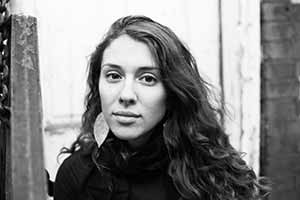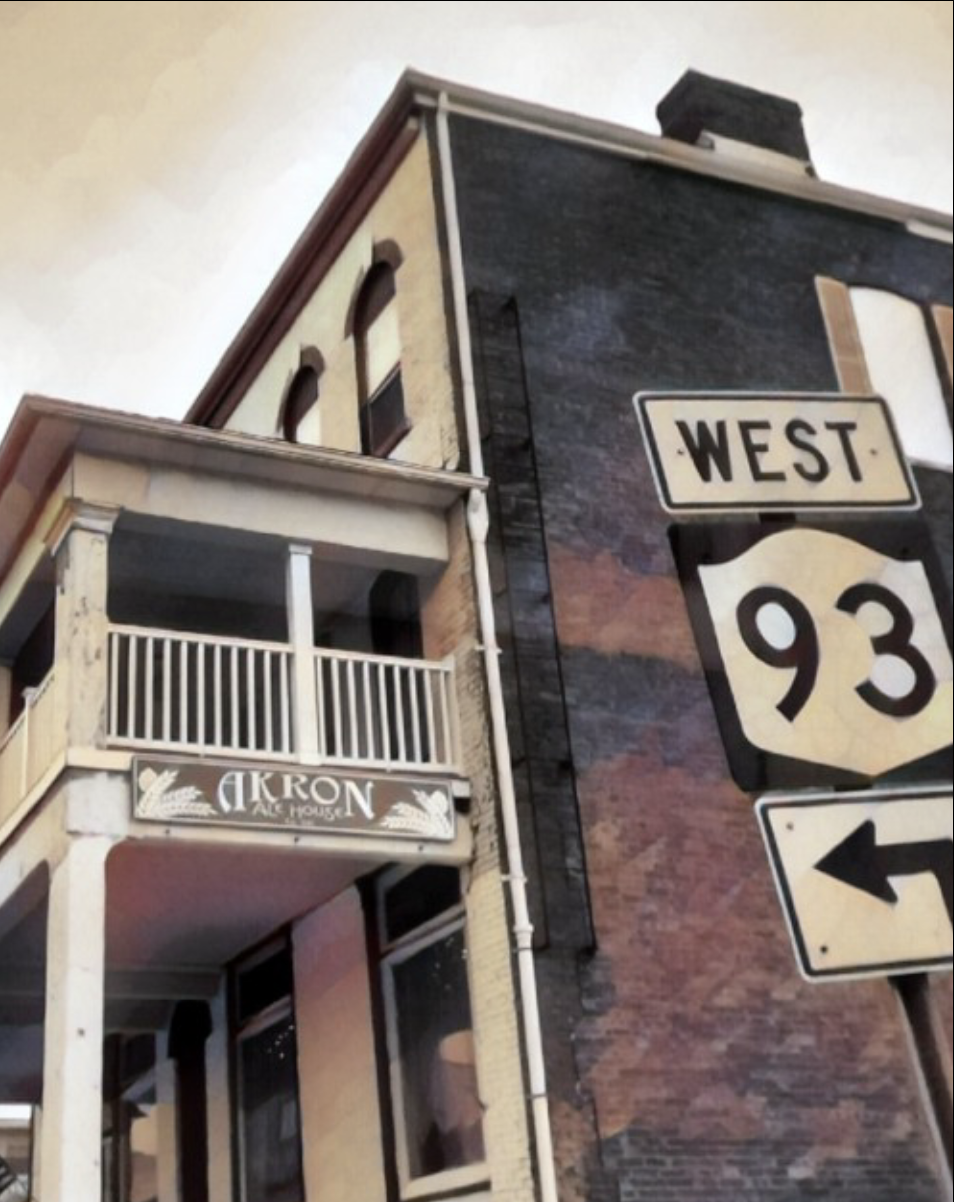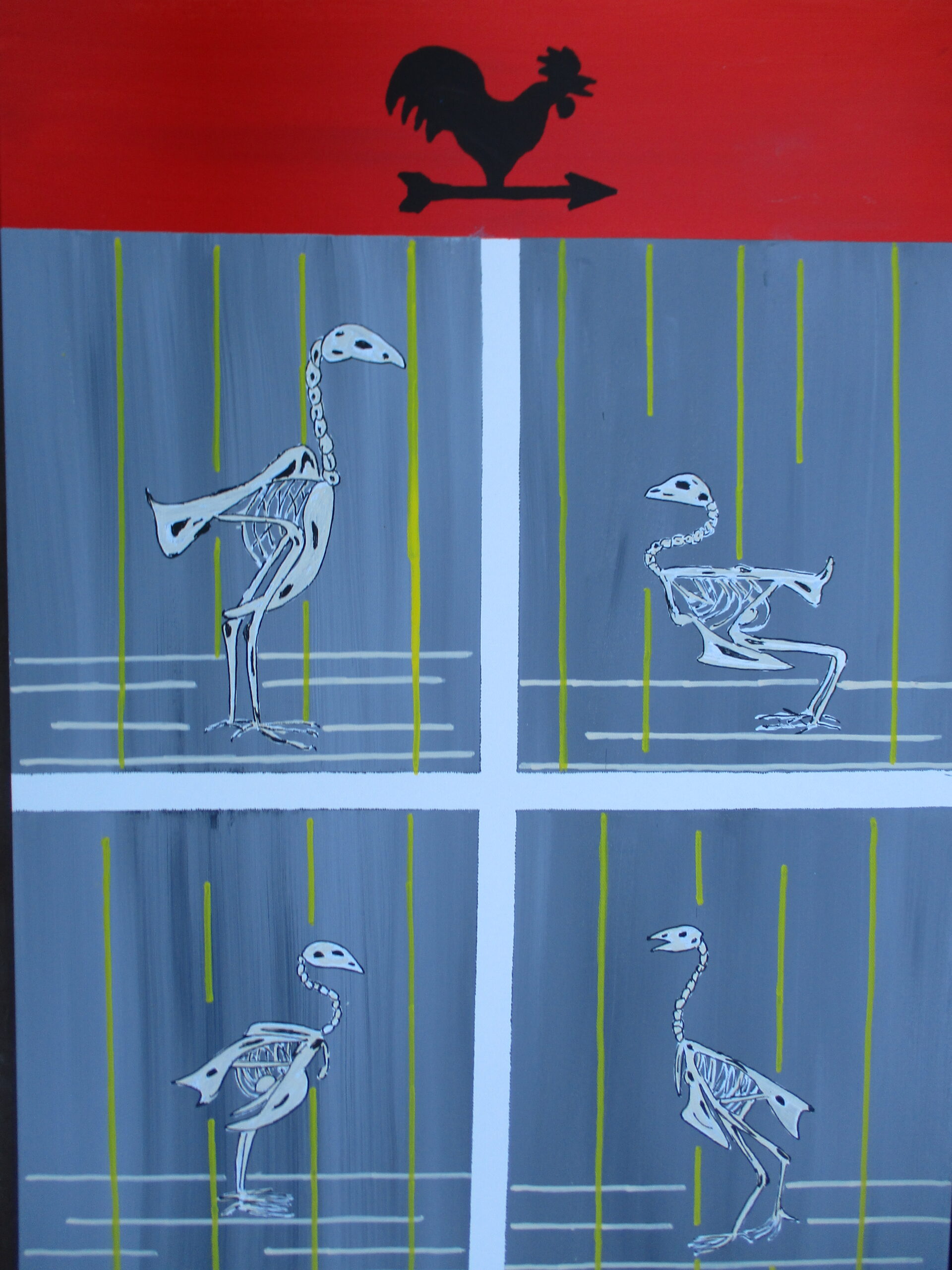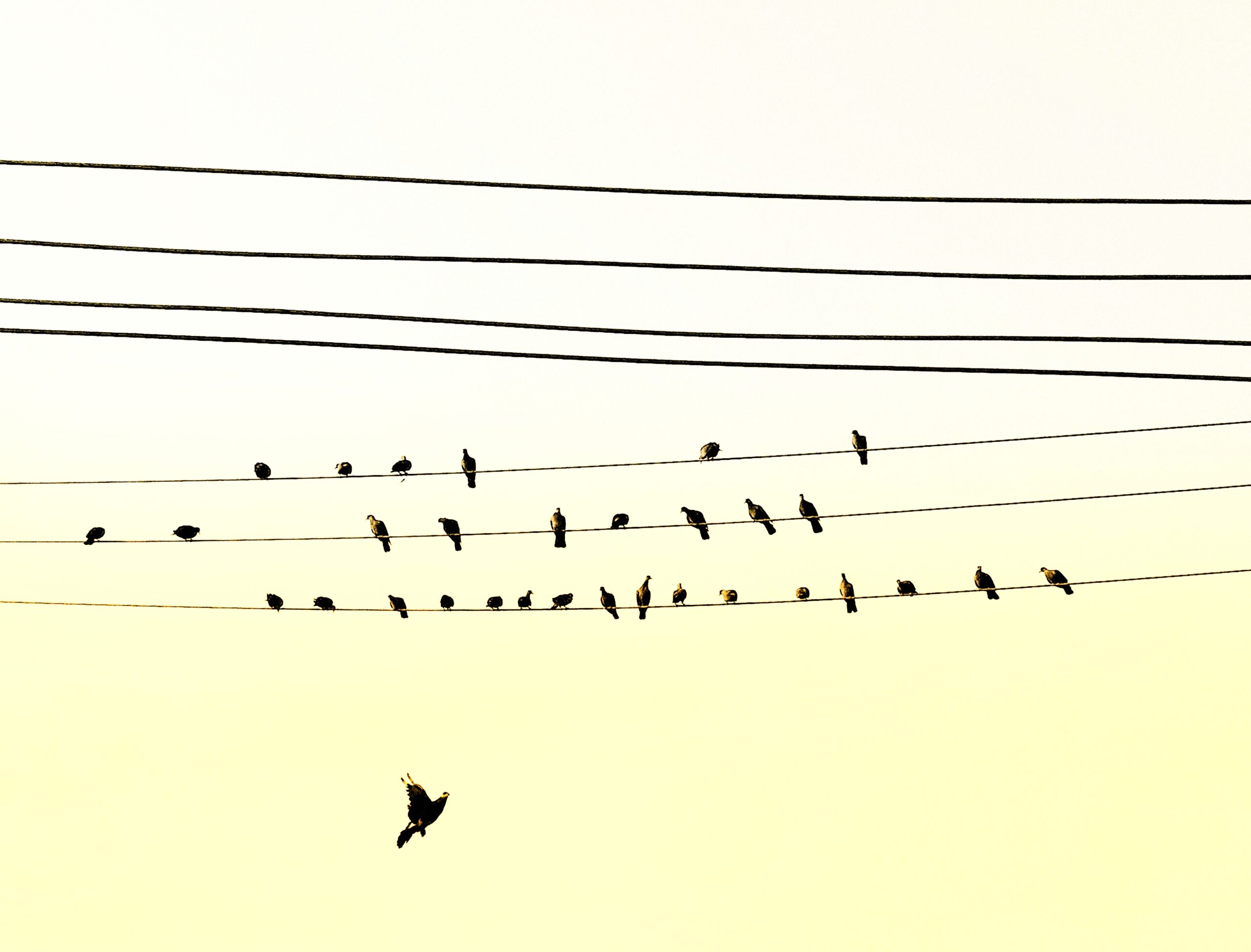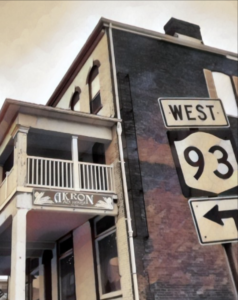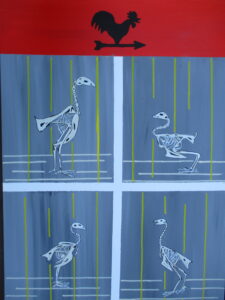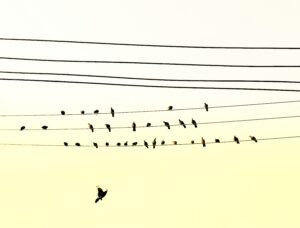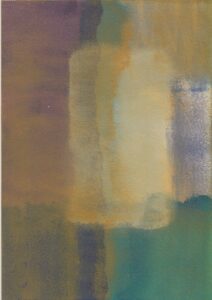Dear Birthplace,
by Julia Kolchinsky Dasbach
January, 2014
Dear Birthplace,
In 1993, the USSR had already collapsed, I was already six-
years old, and you were already a sovereign nation. Only then,
after years trying to flee, my family was granted Jewish-refugee
status and allowed to leave you, Ukraine, never to return or
regret leaving.
I remember little of your then mostly Russian speaking
Dnepropetrovsk. My Rodina, birth-city, homeland I never
knew as home. I recall the sausage and Kvass street-vendors
we couldn’t afford; the rusting fountains I walked when the
river flooded; the hours in line, waiting for bread and eggs and
milk and tomorrow; and the neighborhood boys, who once
threw stones at me because I was a little zhid girl playing on
their street. And this, I thought, this was trauma. And our final
departure, that rain-drenched winter, a break from the
language and world I was just learning to read, this was trauma
too.
But today, when my American soil is covered by heavy-white,
Soviet-like January snows, while Kiev’s streets are melting,
rutted with fire and ash-tarred bodies, I know that I know
nothing of your trauma.
When the police are shooting and beating and tearing into
your own people on their own streets—brother’s body against
a brother’s against their mother—I can’t begin to know your
unearthed demons, the death sinking into your once envied
chernozyom with the hope of leaving roots.
Can’t begin to understand what violence mutilates your body:
a starving tree grown wild and violent: a cracking flesh that I
believed was once my country.
And I close my eyes, try to think harder, to remember or
imagine it, that ghost elusiveness of you. But I recall only the
train ride to your capitol city, and the hardboiled eggs we
pealed while playing cards on the top bunk. Too young to
understand them then, the games, the very gamble we were
taking.
We won. I know that only now. But I have lost the way to
place the place of you, of motherland, inside my mind. I want
to remember Kiev’s central square, Maidan, standing there
before its fountains or seeing it shrink below through the
window of an airplane, but nothing comes, and so I watch a
recent video of a journalist hit with a grenade amidst the
burning barricade and faceless military men. And that square,
that you, is somewhere in the background, lost in all the
smoke and panic: first aflame and then a grave.
I read the news, watch footage of “medieval violence,” as one
reporter called it, but feel only pressure. An iron lung, the
weight of memory or its lack. The fear of losing people and a
country.
Not mine, its someone else’s wound,
Anna Akhmatova whispers.
And in writing myself into your story, I know I am at fault—
an artful imbedding, a weed trying to thrive in an estranged
history.
So instead, I’ll go back to Caruth and Freud, and all their
distant trauma theory. I’ll watch their pages thin to legible skin,
but turn meaningless in the face of what is real and
indescribable. In the face of “the trauma” I thought I knew,
the one I know I cannot touch. The too soon forgotten
foreign bodies bleeding in your own Slavonic name. A country
shattering like a red-gold teacup.
I try to carry it, this story. Try to write it across the Atlantic.
But it is yours, and yours alone. I have no right to it. Mourning
must be earned.
Forgive me, Rodina—ground where I was born. Forgive me,
rodnaya—my dear, my native familial flesh. And I’ll forgive that
you are not a motherland who grants forgiveness.


